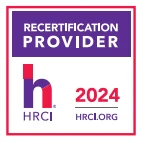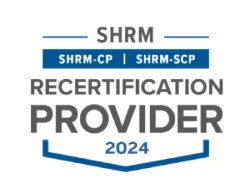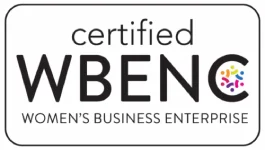EEOC Releases Proposed Wellness Rules under ADA and GINA

EEOC Releases Proposed Wellness Rules Under ADA and GINA
The EEOC recently released proposed language revising the wellness incentive rules under the ADA and GINA. This proposed language is a revision to the rules released in 2016. Below is a summary of the proposed changes and how they may impact wellness programs.
Removing the ADA Notice Requirement
Currently, employers are required to provide a notice before collecting employee health information. This notice advises employees how their collected health information will be used and disclosed. According to the proposed rules, providing this notice will no longer be necessary. The EEOC states that employers should have these specific policies and procedures in place, however, there is not going to be a guideline that requires them to.
Removing the Reasonably Designed Requirement
Previously, the requirement stated that any health information collection activity completed by an employee wellness program must be reasonably designed to promote health or prevent disease. The EEOC is proposing that this requirement be removed in the updated guidelines. The EEOC states that they do not believe this requirement is necessary because employees are not likely to participate in the program unless the employee believes the program has some value in promoting health or preventing disease. Essentially, what this means is that instead of placing the responsibility on the employer to determine if a program is reasonably designed, the decision now falls to the employee.
Safe Harbor
Under the proposed bill, health contingent, group health plans will be allowed to offer more than de minimis incentives to collect employee health information. These incentives are now allowed to equal up to 30% of the cost of their health coverage or 50% for tobacco-related programs. This means that any wellness program that requires an individual to satisfy a standard related to a health factor to obtain a reward whether it be participation based or outcomes based, must follow this guideline.
Allowing Incentives for Spouses and Children
Under the updated guidelines, the EEOC is proposing to allow de minimis incentives to both spouses and children of employees. Previously, children were not allowed to be provided with an incentive, but this has changed.
Allowing Only De Minimis Incentives for Participatory Wellness Programs
Participatory wellness programs that do not track results or require employees to reach certain health goals must comply with the de minimis incentive rule. The proposed rules define de minimis by providing examples of what would qualify as a de minimis incentive. Examples of the incentives allowed would be a water bottle or gift card of modest value.
Next Steps
As a reminder, the above regulations are proposed changes, not the final rules. Interested parties have sixty days from January 7, 2021 to submit comments and feedback about these proposed rules. The EEOC has stated they will take the comments into consideration and issue the updated regulations at a later date, at this time they have not provided a specific date. If you have any questions about how these proposed regulations may impact your wellness program, please reach out to Innovative Workplace Wellness at wellness@ibpllc.com and we are happy to review further.
For a downloadable PDF, click here.
Categories
Archive







